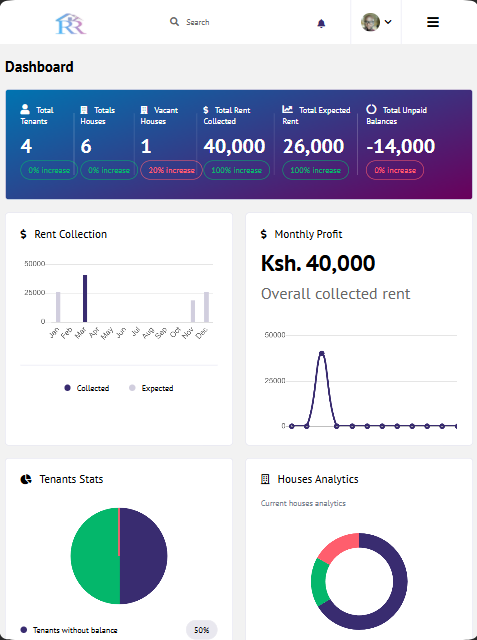🚩 1. Constant Meetings Before Signing a Contract
Beware of clients who repeatedly ask for Zoom calls, phone meetings, or in-person chats before signing any agreement. While a single discovery call is normal, multiple meetings without commitment often mean:
They’re fishing for free consulting.
They’re unsure of what they want.
They’re stalling the process.
👉 Tip: Set a boundary by offering one free consultation. For anything beyond that, request a signed contract or deposit.
🚩 2. No Clear Scope or Project Vision
If the client says things like “We’ll figure it out along the way” or “Just build something simple,” it’s a red flag. Without a clear project scope, you're vulnerable to scope creep and endless revisions.
Why it matters:
Lack of clarity leads to misaligned expectations.
You'll struggle with timelines, pricing, and delivery.
👉 Tip: Use a project questionnaire or discovery form to define the scope before you start.
🚩 3. Unrealistic Budgets or Timelines
Some clients want a website like Amazon, Netflix, or Facebook — but expect it in 3 days and for under $100. 🚩
Common phrases to watch out for:
“It shouldn’t take more than an hour.”
“Can’t you just use a template?”
“You’re charging too much for something so simple.”
👉 Tip: Be firm about your rates and timelines. Quality takes time.
🚩 4. Disappearing or Poor Communication
If the client disappears for days (or weeks), fails to reply to emails, and then suddenly demands urgent updates — that’s a problem.
Why it's a red flag:
👉 Tip: Include a communication clause in your contract with deadlines and expected response times.
🚩 5. "You’ll Get Exposure" Instead of Payment
“If you build this for free, it’ll bring you a lot of exposure.” Sound familiar? Exposure is not a valid currency. You're a professional, not a volunteer.
Why it’s dangerous:
👉 Tip: If you choose to do free work, make sure it’s for your portfolio, a charity you believe in, or your personal brand — not for empty promises.
🚩 6. Scope Creep Without Extra Pay
Scope creep happens when clients keep adding features without expecting to pay more. While it might start as “just a small change,” it often turns into a major workload.
Examples:
“Can you also add a blog?”
“Let’s include a chatbot too.”
“I forgot to mention I need SEO.”
👉 Tip: Always define deliverables clearly in the contract. For extra work, charge accordingly.
🚩 7. Disregard for Your Expertise
If a client constantly questions your skills or second-guesses every decision, it’s a sign they don’t trust your expertise.
You might hear:
“My cousin knows HTML and he said…”
“Why are you using that platform?”
“Just do it the way I said — you don’t need to explain.”
👉 Tip: Educate your clients — but if they refuse to respect your knowledge, it may not be a healthy partnership.
🚩 8. Hesitant to Sign a Contract
A client who avoids signing a formal agreement is a major red flag.
What it signals:
They may be unwilling to pay.
They want freedom to change things without accountability.
They’re not serious about the project.
👉 Tip: Never begin work without a signed agreement outlining scope, deadlines, deliverables, payment terms, and revisions.
🚩 9. Constantly Complaining About Previous Developers
If they say, “All my past developers were terrible,” ask yourself: is it the developers — or the client?
This often means:
They’re hard to work with.
They don’t give clear feedback.
They may not be paying on time (or at all).
👉 Tip: Ask what went wrong and look for patterns. If they blame everyone else, proceed with caution.
🚩 10. Rushing the Process
Some clients want everything done yesterday. They expect a complex system or site to be finished overnight, and don’t understand why testing, revisions, or planning take time.
What this leads to:
👉 Tip: Educate clients about timelines, especially for testing, optimization, and revisions.
🚩 11. Issues with Payment or Deposit
This is the biggest red flag of all. Clients who:
…often end up ghosting you when it’s time to pay.
👉 Tip: Always ask for at least 30–50% upfront. Use milestones for larger projects and don’t deliver the final product until final payment is made.
✅ Conclusion: Trust Your Instincts
Not every client will raise red flags — but when they do, don’t ignore your gut. If something feels off, it probably is. The earlier you spot warning signs, the easier it is to protect your time, energy, and reputation.
You deserve clients who:
Value your skills.
Respect your time.
Communicate clearly.
Pay fairly.









